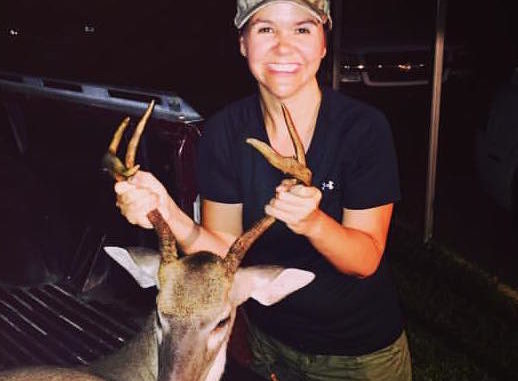
Chronic Wasting Disease is a threat when hunting in other states
As chronic wasting disease (CWD) cases sprout up around the country, the N.C. Wildlife Resources Commission reminds hunters who travel beyond state lines to follow importing regulations before returning home.
“Once CWD appears in a new area, it is almost impossible to eliminate it,” said Maria Palamar, the Commission’s wildlife veterinarian. “That is why we need the help of hunters that hunt out of state to keep CWD out of North Carolina. By boning out harvested carcasses and leaving all high-risk tissues behind, hunters are protecting the health of our state and our wild deer.”
Anyone returning with a deer, elk, reindeer or moose taken in Arkansas, Colorado, Illinois, Iowa, Kansas, Maryland, Michigan, Minnesota, Missouri, Montana, Nebraska, New Mexico, New York, North Dakota, Ohio, Oklahoma, Pennsylvania, South Dakota, Texas, Utah, Virginia, West Virginia, Wisconsin, Wyoming and Canada’s Alberta and Saskatchewan provinces where CWD has been confirmed must follow state processing and packaging regulations.
These regulations allow only: meat that is cut and wrapped, quarters or other portions of meat with no part of the spinal column or head attached, meat that has been boned out, caped hides, cleaned skull plates, antlers, cleaned teeth, finished taxidermy products.
Parts or containers holding parts must be labeled with the hunter’s name and complete address, state or province of origin, date the deer (or moose, elk or reindeer) was killed, the hunter’s hunting license number and the destination of the parts. Taxidermists should immediately inform a wildlife officer if a full head or parts other than those listed are received from a CWD-verified state or province.


